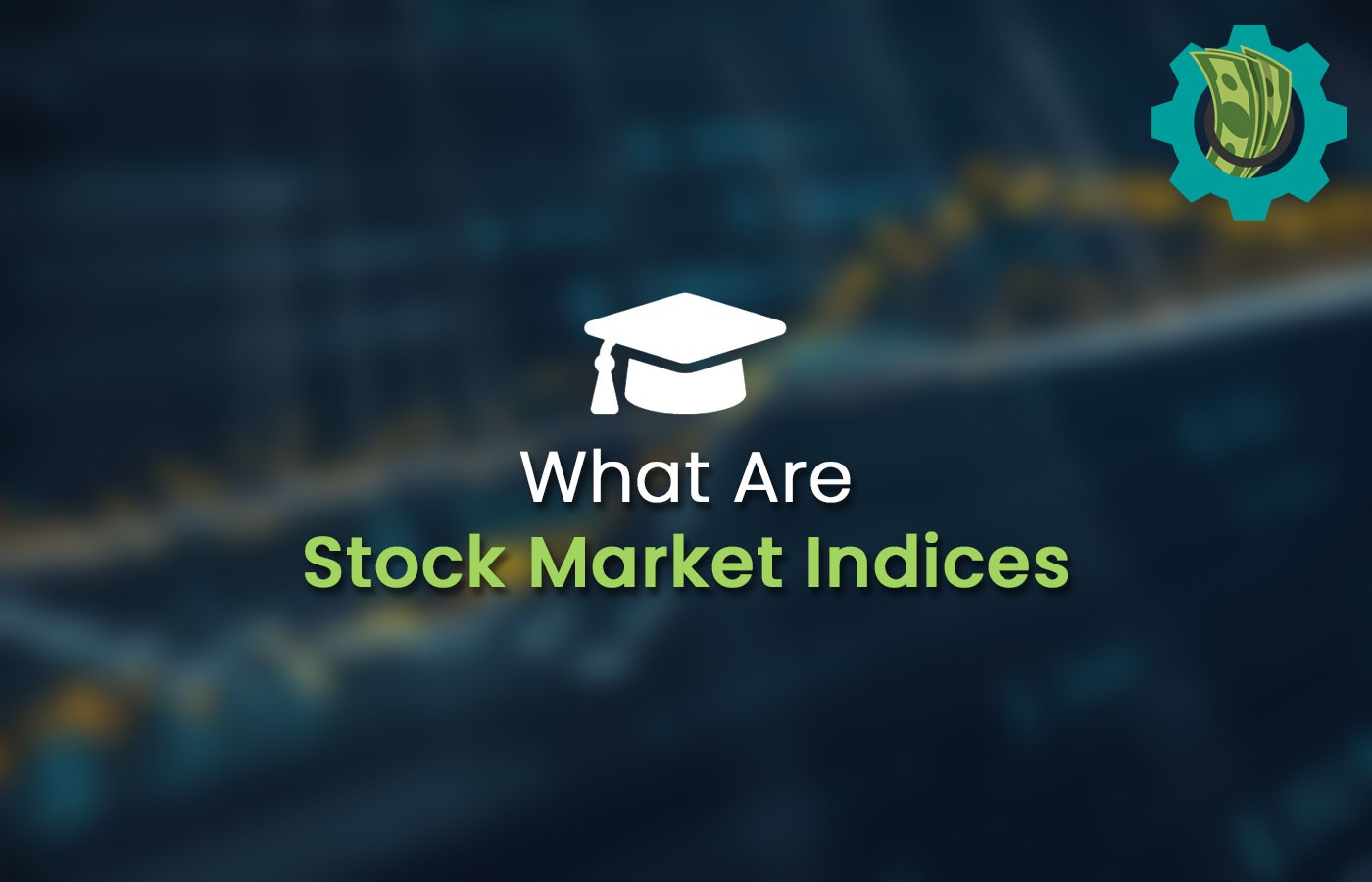[ad_1]
UK stock market indices are an easy way of quickly getting a bird’s eye view of what’s going on in the London Stock Exchange.
By grouping together hundreds of companies of different sizes into a single entity, finding overall trends becomes significantly easier. But it also opens the door to index funds and exchange-traded funds (ETFs) that individual investors can tap into and mimic the stock market’s performance.
With that said, let’s explore exactly what these things are and how they work.
What is a UK stock market index?
A stock market index refers to a broad collection of businesses. There are thousands of different indices around the world, each serving a different purpose. Here in the United Kingdom, the most well-known index is arguably the FTSE 100. Meanwhile, in the United States, that title would likely go to the S&P 500.
In these two cases, the indices contain the top 100 and top 500 companies within their respective economies. However, smaller indices that track individual industries and sectors also exist.
The level of an index is driven by the movement in share prices of the companies inside of it. And while an index is not directly tradeable, there are funds which replicate the collection of constituents. So, investors can choose to invest in a tracker fund to replicate the performance of the overall index within their portfolio.
Like all investing strategies, it’s not risk-free. But, since these funds typically charge low management fees, it’s an easy and cheap way to put an investment portfolio on autopilot.
UK Primary Stock Index – The FTSE
FTSE stands for Financial Times Stock Exchange. And it’s a wholly-owned subsidiary of the London Stock Exchange. Most times, when someone is talking about the FTSE, it’s usually in reference to the FTSE 100.
The FTSE 100 index is one of the primary UK stock market indices launched in 1984. It contains the largest 100 companies listed on the London Stock Exchange. In total, the index has a combined market capitalisation of around £1.94trn as of August 2022.
For a business to become a member of the FTSE index, there are some key requirements that need to be met. Firstly the group needs to have a full listing on the London Stock Exchange in sterling or euro-denominated price. The company also needs to have sufficient trading liquidity and free float shares to make it easily accessible to both individual and institutional investors.
UK stock market indices and their description.
The FTSE 100 is just one of many British stock market indices around. Let’s go through several other well-known examples.
| Index | Description |
|---|---|
| FTSE 100 | An index of the 100 Companies with the highest market capitalisation. |
| FTSE 250 | An index of the 101st to 350th largest companies that are listed on the London Stock Exchange. |
| FTSE 350 | A UK stock market index that’s made up of members of the FTSE 100 and FTSE 250. |
| FTSE ALL-SHARE INDEX | An index of all the companies listed on the London Stock Exchange that passes the requirement of size and liquidity. |
| FTSE AIM UK 50 Index | An index of the 50 largest UK companies by market cap that has their primary listing on the Alternative Investment Market (AIM). |
| FTSE AIM 100 Index | An index of the 100 largest UK and international domiciled companies by market cap that have their primary listing on the AIM. |
| FTSE AIM All-Share | An index that comprises all the companies listed on AIM that meet the requirements for liquidity and free float. |
| FTSE Small Cap Index | The UK share index comprises the 351st to the 619th largest companies listed on the London Stock Exchange. |
Should I invest in FTSE 100 now?
As previously mentioned, investors can’t directly buy shares in an index. But they can buy shares in an index tracker fund or ETF. Here in the UK, Vanguard and iShares are two popular providers of such financial instruments for the FTSE 100 and other large UK stock market indices.
Investing this way has a lot of advantages. My portfolio automatically gets diversified across hundreds of companies in a single transaction. As such, my trading commission fees are also very low. And I don’t have to rigorously follow the progress of each individual business. This is commonly referred to as a passive investing strategy.
But this does come at a cost. By investing in an index, it’s impossible to beat the performance of the market. And that’s something which picking individual stocks can offer to investors willing to take on more risk.
A $630bn Monster Growth Opportunity
Make no mistake: the Medical Technology Revolution is happening!
- Robotic surgery procedures have increased by more than 800% since 2014.
- Telehealth usage has stabilised at levels 38X higher than pre-pandemic levels.
- Augmented Reality is becoming more common in the operating room.
… and it’s barely gotten started.
In fact, experts are predicting a $630 Billion surge by 2030!
Quite simply, we believe it deserves your attention today.
So please don’t wait another moment.
Discover this massive investment opportunity before it’s too late!
Prosper Ambaka does not own shares in any of the companies mentioned. The Money Cog has no position in any of the companies mentioned. Views expressed on the companies and assets mentioned in this article are those of the writer and therefore may differ from the opinions of analysts in The Money Cog Premium services.
[ad_2]
Image and article originally from themoneycog.com. Read the original article here.

